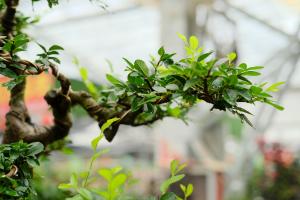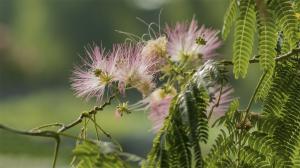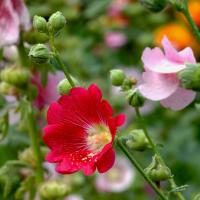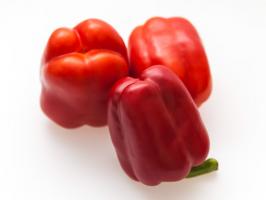Introduction
Pitcher plants are fascinating carnivorous plants that grow in nutrient-poor soils. They have special adaptations to catch and digest insects to obtain the required nutrients. To thrive, pitcher plants need the right type of potting soil. In this article, we will explore the characteristics of the best soil for pitcher plants and how to create the perfect growing medium.
What is a Pitcher Plant?
Pitcher plants belong to the Sarraceniaceae family and are native to North America. They have modified leaves that form a hollow tube or pitcher that produces a sweet nectar that attracts insects. Once insects enter the pitcher, they become trapped and drown in the digestive juices at the bottom. The plant then absorbs the nutrients from the decomposed insects.
Characteristics of the Best Soil for Pitcher Plants
A good potting mix for pitcher plants should mimic their natural growing conditions. Here are some essential characteristics of the best soil for pitcher plants:
Acidic pH - Pitcher plants require a pH range of 4.5-5.5 to grow well. They cannot tolerate alkaline soil.
Well-draining - Pitcher plants need excellent drainage to prevent waterlogging, which can lead to root rot.
Low in nutrients - Pitcher plants grow in nutrient-poor soils. A soil mix that is too rich in nutrients can harm the plant.
Airy and porous - The roots of pitcher plants need air to breathe. A soil mix that is too compacted can suffocate the plant.
Ingredients for the Best Soil Mix for Pitcher Plants
Now that we know the key characteristics of the best soil for pitcher plants, we can select the right ingredients to create the perfect growing medium. Here are some components of a good pitcher plant soil mix:
Peat moss - Peat moss is acidic and lightweight, making it an ideal component of pitcher plant soil mix.
Perlite - Perlite is a mineral that helps to improve drainage and provides aeration to the roots.
Coarse sand - Coarse sand helps to improve drainage and prevents excess moisture retention.
Sphagnum moss - Sphagnum moss is acidic, and it improves water retention while providing good aeration to the roots.
How to Make the Perfect Soil Mix for Pitcher Plants
Now that we know the right ingredients for a good pitcher plant soil mix, we can combine them to create the perfect growing medium. Here is a step-by-step guide for making the perfect soil mix:
Mix equal parts of peat moss, perlite, and coarse sand.
Add a handful of sphagnum moss to help retain moisture and improve air circulation.
Blend the ingredients thoroughly to ensure even distribution.
Dampen the soil mix with distilled water until it is moist but not soggy.
Conclusion
Pitcher plants require a specific type of soil mix to grow and thrive. A good pitcher plant soil mix should be acidic, well-draining, low in nutrients, and porous. We can create the perfect growing medium by combining peat moss, perlite, coarse sand, and sphagnum moss. With the right soil mix, our pitcher plants will grow beautifully and provide us with a fascinating display of nature's wonders.

 how many times do yo...
how many times do yo... how many planted tre...
how many planted tre... how many pine trees ...
how many pine trees ... how many pecan trees...
how many pecan trees... how many plants comp...
how many plants comp... how many plants can ...
how many plants can ... how many plants and ...
how many plants and ... how many pepper plan...
how many pepper plan...































